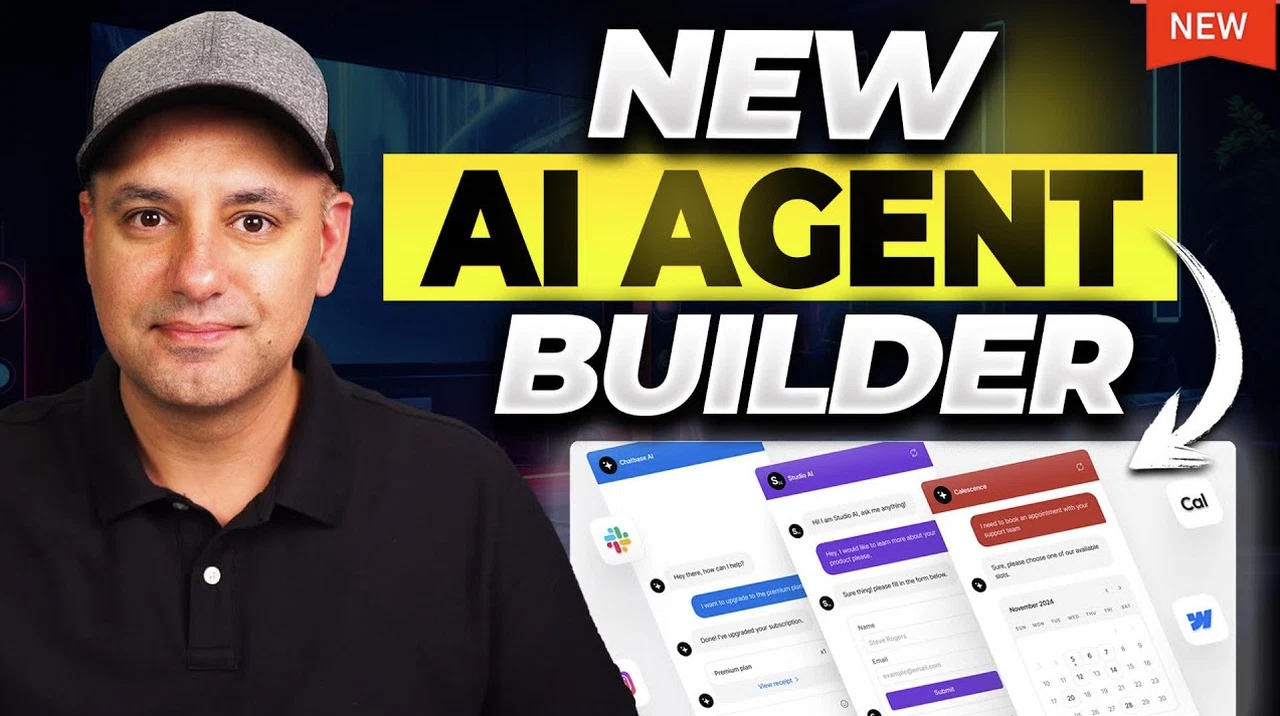
Share Tweet Share Share Email By Naveen Kumar In an increasingly interconnected world, businesses are constantly seeking innovative solutions to enhance efficiency, ensure data integrity, and foster transparency. Two transformative technologies have emerged as pillars of this digital evolution: Blockchain and Enterprise Resource Planning (ERP) systems. While each independently drives operational excellence, their integration offers a revolutionary synergy that has the potential to reshape how organizations manage resources and build trust across networks.
This comprehensive blog explores the nuances of blockchain-ERP integration, delving into its benefits, real-world applications, challenges, and the steps necessary for successful implementation. What is Blockchain? Blockchain, often associated with cryptocurrencies, is a groundbreaking digital ledger technology that ensures secure, transparent, and immutable records of transactions. Unlike traditional databases, blockchain operates in a decentralized manner, where no single authority controls the network.

Instead, multiple participants validate and share information, fostering trust in environments where security and accuracy are paramount. Core Features of Blockchain: Decentralization : Blockchain operates without central authorities, distributing control across participants, reducing vulnerabilities to single points of failure. Immutability : Once recorded, blockchain data cannot be altered or deleted, ensuring long-term integrity and trust.
Transparency : Participants have access to a shared ledger, creating visibility and accountability. Smart Contracts : Self-executing contracts programmed with predefined rules automate processes, eliminating the need for intermediaries. Blockchain applications extend far beyond cryptocurrencies, finding utility in supply chain management, healthcare, finance, and real estate.
Its ability to eliminate intermediaries, enhance security, and maintain accurate records makes it a game-changer across industries. What is ERP? Enterprise Resource Planning (ERP) systems are comprehensive platforms that integrate and manage an organization’s core functions, such as finance, procurement, inventory, manufacturing, human resources, and customer relations. By centralizing processes, ERP eliminates data silos, providing real-time insights for better decision-making.
Benefits of ERP Systems: Streamlined Operations : Automates routine tasks, saving time and reducing errors. Centralized Data : Consolidates information across departments, ensuring consistency and accuracy. Real-Time Analytics : Facilitates informed decisions with up-to-date insights.
Customization and Scalability : Tailors solutions to organizational needs and scales to support growth. ERP systems have revolutionized business management but are not without limitations. Challenges such as limited inter-organization transparency, susceptibility to data breaches, and inefficiencies in multi-party collaborations often restrict their potential.
The Case for Blockchain-ERP Integration The integration of blockchain with ERP presents a compelling opportunity to address ERP’s limitations while amplifying its capabilities. Blockchain’s decentralized, transparent, and secure nature complements ERP’s operational efficiency, creating a unified ecosystem that fosters trust, collaboration, and innovation. Key Advantages of Integration: Enhanced Data Security : Blockchain ensures that ERP data is tamper-proof, reducing risks of fraud and unauthorized modifications.
Transparency Across Ecosystems : Blockchain’s shared ledger facilitates real-time visibility into inter-organizational workflows, such as supply chain activities. Automation Through Smart Contracts : Blockchain automates repetitive ERP processes, such as invoicing and order fulfillment, minimizing manual intervention. Regulatory Compliance : Immutable blockchain records simplify audits and regulatory reporting, reducing costs and improving accuracy.
Cost Efficiency : By eliminating intermediaries and automating processes, businesses can lower operational expenses and reduce human errors. How Blockchain and ERP Integration Works The integration involves leveraging blockchain as a validation and security layer that enhances ERP’s core functions. Middleware, APIs, or blockchain-enabled ERP solutions facilitate seamless communication between these systems, ensuring a unified flow of data.
Key Integration Points: Supply Chain Management : Blockchain validates and tracks the origin, movement, and status of goods. ERP manages inventory levels, forecasts demand, and schedules deliveries. Financial Operations : Blockchain ensures secure and real-time transactions, reducing delays.
ERP records and analyzes these transactions for accounting and reporting. Identity and Access Management : Blockchain secures identities and maintains tamper-proof access logs. ERP uses this data to control permissions and enforce access protocols.
Example Workflow: Consider a global electronics manufacturer. Blockchain verifies that raw materials meet ethical sourcing standards, while ERP tracks production schedules and monitors inventory. Together, these systems ensure transparency, compliance, and efficiency across the supply chain.
Real-World Applications of Blockchain and ERP Integration Supply Chain Optimization Supply chains are complex ecosystems involving multiple stakeholders. Blockchain-ERP integration provides real-time visibility and traceability across all stages, from sourcing to delivery. Use Case : A luxury fashion brand uses blockchain to authenticate the origin of raw materials, ensuring ethical sourcing.
ERP systems manage inventory, sales, and logistics, ensuring that only verified materials reach consumers. Cross-Border Payments Blockchain simplifies international payments by reducing reliance on intermediaries. ERP systems integrate blockchain data to record transactions, ensuring transparency and compliance.
Use Case : A multinational retailer uses blockchain for instant, low-cost cross-border transactions. ERP automates payment reconciliation, improving financial efficiency. Healthcare Data Management Healthcare organizations handle sensitive data that requires stringent security and accuracy.
Blockchain ensures patient data integrity, while ERP optimizes resource allocation and operational workflows. Use Case : A hospital network uses blockchain to securely store and share patient records, integrating with ERP to schedule appointments and manage billing. Manufacturing and Warranty Claims Blockchain tracks product lifecycles and validates warranty claims, while ERP automates repairs or replacements based on blockchain-verified data.
Use Case : An automotive manufacturer integrates blockchain to trace components back to suppliers and ERP to manage warranty services, reducing disputes and costs. Challenges in Blockchain-ERP Integration Despite its benefits, blockchain-ERP integration faces several challenges: Technical Complexity : Aligning blockchain’s decentralized architecture with ERP’s centralized systems requires advanced expertise and robust middleware solutions. Implementation Costs : High upfront costs for integrating these technologies can deter small and medium-sized enterprises.
Regulatory Compliance : Navigating data privacy and storage regulations in different jurisdictions can complicate implementation. Interoperability : Ensuring seamless communication between blockchain platforms and ERP systems is essential but challenging. Scalability : Integrated systems must handle growing data volumes and user demands without compromising performance.
Strategies for Successful Implementation To overcome challenges, businesses can adopt strategic approaches: Define Clear Objectives : Identify specific pain points and use cases where blockchain-ERP integration can deliver value. Leverage Interoperability Solutions : Invest in platforms with robust APIs and middleware to ensure seamless integration. Start Small : Pilot projects enable organizations to test integration on a smaller scale, refine workflows, and evaluate ROI.
Collaborate with Experts : Partner with experienced blockchain and ERP vendors to ensure smooth implementation and support. Focus on Employee Training : Equip teams with the knowledge and skills needed to manage and optimize integrated systems. The Future of Blockchain and ERP Integration The integration of blockchain and ERP is still in its early stages but holds immense potential for growth and innovation.
Emerging trends are set to enhance its impact: AI-Powered Insights : Artificial intelligence will leverage blockchain-ERP data to predict trends, optimize operations, and make informed decisions. IoT Integration : IoT devices will feed real-time data into ERP systems, validated by blockchain for accuracy and reliability. Decentralized Autonomous Organizations (DAOs) : Blockchain-enabled ERPs will power autonomous organizations that operate without centralized management.
Green Blockchain : As sustainability becomes a priority, energy-efficient blockchain technologies will align with ERP’s green initiatives. Conclusion Blockchain-ERP integration is more than a technological upgrade—it is a paradigm shift that empowers businesses to thrive in a digital-first world. By combining blockchain’s transparency, security, and trust with ERP’s operational excellence, organizations can unlock unprecedented efficiency, innovation, and resilience.
While challenges remain, strategic implementation and a focus on scalability can help businesses overcome hurdles and maximize the benefits of this transformative integration. For companies ready to lead the future, the time to embrace blockchain-ERP integration is now. Author: Naveen Kumar Naveen Kumar is a leading technology leader, researcher, and solution architect with over 22 years in AI, ERP, and CRM innovation.
His credits are in large-scale ERP/CRM cloud transformations, large-scale automation, and aligning AI-powered solutions with business strategies to drive efficiency, agility, and growth. Naveen is a highly influential researcher, renowned for his extensive research on AI applications and digital transformation, which serves as the foundation for numerous technology integration best practices. He is renowned for his innovative and sustainable approaches, which combine research-driven insights with practical experience to support organizations in thriving in the digital landscape.
Related Items: Blockchain and ERP Integration , ERP Integration Share Tweet Share Share Email Comments.















